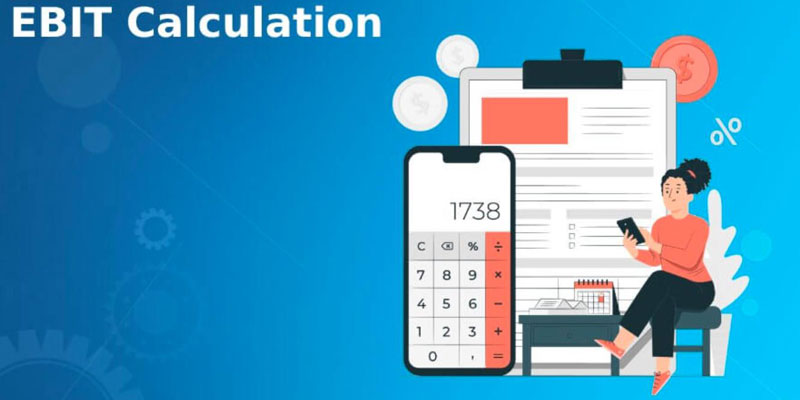With the filing and payment date for federal income taxes rapidly approaching (April 18), it may be good to study Morgan Stanley's 2022 Federal Income Tax Tables. If you have not yet filed your taxes, you should consider the following tax season tips:
Arrange Your Papers
Tax time, however, may mean a mound of paperwork. Ensure you have all of your relevant documentation prepared before you start doing your taxes. This will help you avoid errors and ensure that you claim every deduction for which you are eligible. Documents and information that you may need to include:
- Forms W-2, Forms 1099, and other tax forms that detail earned income
- Documentation of philanthropic gifts
- Tax returns from the prior year
- A detailed accounting of the mortgage interest and property taxes paid
- Any expenditures associated with looking after children or medical expenses
- Determine the particular papers you'll need to finish your taxes by working with a tax specialist
Before Tax Day, Make the Most of Your Tax-Advantaged Accounts
The fiscal year 2022 ended on December 31, but you still have until Tax Day 2023 to maximize some of your accounts and limit the income subject to taxation. During the 2022 tax year, for instance, April 18, 2023, is the deadline for contributions to an individual retirement account (IRA) or a health savings account (HSA). This indicates that you may still be able to deposit more monies into these accounts—up to the maximums allowed by the IRS for 2022, which are as follows:
- IRA contributions may be made up to $6,000, with an additional $1,000 in catch-up contributions if you are 50 or older at any point during the calendar year of 2022
- A high deductible health plan will cost you $3,650 for single coverage ($7,300 for family coverage) and an additional $1,000 if you are 55 or older at any point during the calendar year of 2022
What about your employer's 401(k) plan? You can still make contributions for the 2023 tax year, up to $22,500, plus a $7,500 catch-up contribution if you are age 50 or older at any point during the calendar year, even though many employees' window to contribute the IRS maximum to this type of account for the 2022 tax year closed on December 31, 2022. Consider saving some more money right soon. You may be able to reduce your taxable income for the 2023 tax year if you continue to save for retirement.

Be advised, nevertheless, that there may be extra contribution and qualifying requirements. Because of this, maximum amount you may contribute to HSA, IRA, or 401(k) plan may be lower than the maximum set by the Internal Revenue Service. A licensed tax professional is the best resource for learning more about the specific contribution rules that apply to your situation.
Consider Getting Help From a Tax Professional
During the 2021 tax year, about 44 percent of all individual taxpayers' tax returns that were submitted electronically were self-prepared. These do-it-yourselfers may be confident navigating complicated tax forms and have the patience to collect paperwork and complete their taxes. They could also have a simple tax status, making the procedure easier for everyone involved. Others look for assistance from professionals. Consider dealing with a skilled expert around tax time as the complexity of your financial position rises. You may get the following assistance from a tax professional:
- From your investment accounts, gather the necessary financial and tax information
- Take advantage of any tax breaks and credits to which you are eligible
- Make sure your income tax returns are prepared
- Offer guidance suited to your specific financial circumstances
To reduce the likelihood of unpleasant surprises if your tax status changes, a tax expert may also give you income tax estimates, including expected quarterly payments. In addition, if you have complicated tax planning requirements, your Morgan Stanley Financial Adviser can link you to knowledgeable tax experts at renowned U.S.-based providers nationwide who can assist you in ensuring that your tax approach is maximized.
Prepare for Upcoming Tax Seasons
Implementing tax-efficient tactics into your longer-term financial strategy is never too late. You should start doing so as soon as possible. Active tax management throughout the year may allow you to save more for your objectives and retain more of what you earn. As an illustration:

- Tax loss harvesting is a method in which net capital gains are countered by strategically selling stock or assets to record losses, some of which may be carried over from the previous year
- Tax-aware asset placement includes shifting higher-yield assets to a tax-deferred or tax-exempt account. This may assist in reducing your current federal taxable income and can help enhance your after-tax returns




